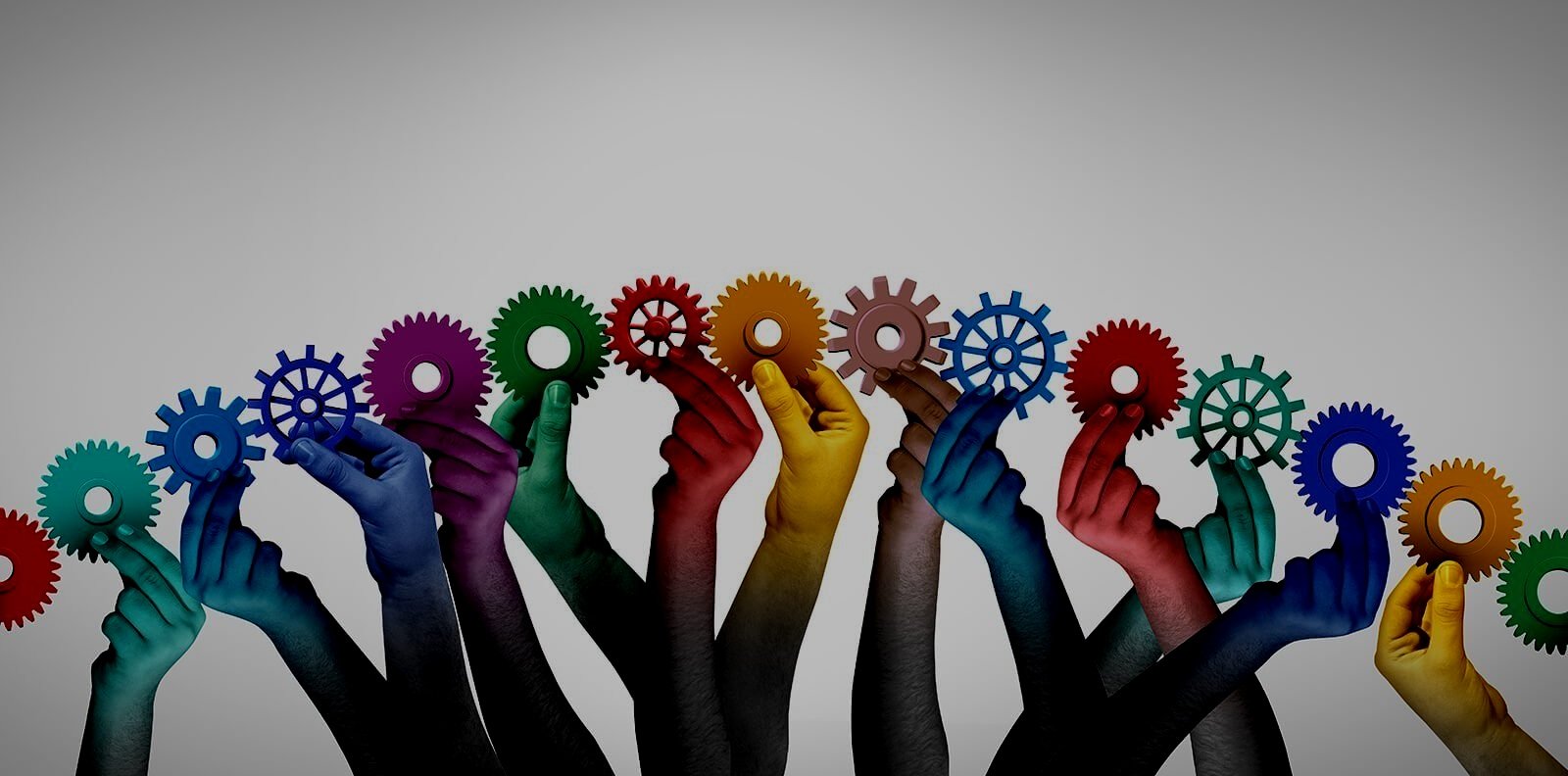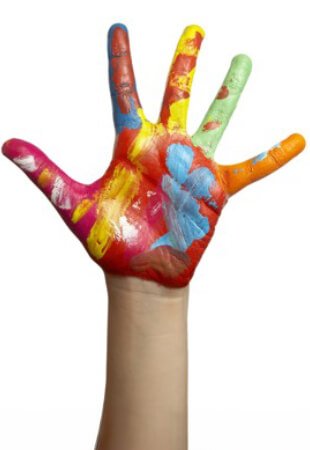
FOSTERING INNOVATION:
THE ‘4RS’
Fostering genuine innovation demands a cultural shift. The 4Rs -Respect, Reciprocity, Responsibility, and Reflection - serve as pillars for a healthy and inclusive organisational culture.
Innovation and Change Management Theme > Fostering Innovative Cultures > Fostering Innovation the Four 'Rs'
FOSTERING INNOVATION USING THE FOUR RS: RESPECT, RECIPROCITY, RESPONSIBILITY AND REFLECTION
Course Description
The concept of innovation within organisations has been diluted by overuse, turning it into a mere buzzword lacking clear definitions or actionable plans. Alf Rehn, in "Innovation for the Fatigued," warns against pursuing innovation without a purpose, as it can lead to superficial initiatives focused on appearance rather than genuine value creation.
The key to fostering true innovation lies in a cultural shift, moving away from innovation for its own sake and embracing a mindset grounded in creativity. The 4Rs - Respect, Reciprocity, Responsibility, and Reflection - form the pillars of a healthy, innovative organisational culture.
These principles underscore the importance of valuing ideas, balancing demands and support, instilling a sense of responsibility for innovation at all levels, and fostering a reflective environment that encourages continuous learning and improvement.
This course covers the adoption of the Four Rs to help organisations transform innovation from a clichéd concept into a thoughtful, inclusive, and integral part of their culture.
What topics are covered?
Our courses are tailored to your needs by selecting from a list of tools, each of which is an individual topic and takes about an hour. Each tool generally covers one key management skill, behaviour or attribute, is accompanied by a toolcard (which builds up to create a personalised toolkit) and uses our Tell-Show-Do experiential learning methodology.
You can select from the list of tools below to create learning that is just right for your needs or get in touch with one of our trainers to help design and curate the right programme for your team.
Your custom Fostering Innovation using the 4Rs Toolkit:
Respect
Choose from:
1. The Gift Of Feedback
Giving and receiving feedback should be part of the natural ebb and flow of an innovative, learning organisation, something that is done everyday without it being emotionally charged or a big thing. Like a high quality sports coach does for top athletes; it enables you and your ideas to improve. We have several feedback tools to choose from to suit your situation and culture.
2. Connection
This tool helps you create a well-connected environment where kindness, productive criticism and tolerance increases the quality and quantity of ideas. Connection is founded on mutual respect, where ideas-people collaborate across functional siloes towards purposeful innovation.
3. Team Dynamics
Based on the Tuckman model, this tool helps you understand and implement what style of leadership is needed at each stage of team dynamics to build respect. For example, at Forming, a strong leadership style works well, with clear direction, systems, processes and a Team Charter.
4. Asking Powerful Questions
Being able to ask powerful questions helps you take ideas seriously to help improve them and engage respectfully with idea-givers to motivate them. This tool shows you how to frame a question that is both powerful and respectful!
REciprocity
Choose from:
1. Give & Get
This tool helps you have a conversation about what the organisation wants from innovators and what innovators need to innovate. In essence, helping you strike a deal so that each give and get what they want and need to succeed.
3. Creating Physiological Safety
This tool helps you understand what the shared beliefs and characteristics of a psychologically safe environment are and helps you foster these in your workplace.
2. Balancing Support & Challenge
What each individual finds challenging and what support they find helpful will be different. This tool helps you structure conversation to find out what will help each person innovate well.
4. Motivating The Team
To motivate the team you need to understand their intrinsic motivators – you’ll cover ten in this tool, including freedom, mastery and curiosity - essential when fostering innovation.
responsibility
Choose from:
1. Sharing Exceptions
Everyone brings different expectations of themselves and others to relationships, and it’s easy to assume that your role expectations are the same as that of others. This tool is a Role Expectations Matrix to help you clarify and share your expectations of each other.
3. Taking Accountability
Taking accountability requires courage and practice. This tool covers four practical ways to take accountability.
2. Growth Mindset
A growth mindset leads to higher levels of achievement - a belief that intelligence can be developed and is not fixed creates opportunities for learning and growth. This tool covers the five aspects of a Growth Mindset.
4. Purpose, Impact, Way & Team Charter
Purpose: Define the innovation’s reason for being using various creative media.
Way: Defines the behaviours at the heart of your team’s way of working.
Impact: What impact will the innovation have - how will it make the world and people’s lives better?
Team Charter: Sets out the innovation’s purpose, impact and way, as defined by the team that will catalyse it.
reflection
Choose from:
1. Make-Talk-Make
A rapid prototyping tool that helps you test and experiment using iterations of prototyping and gaining feedback.
3. Reflection
This tool can be used once or sequentially as part of a Reflection workbook. It comprises four simple questions to help to reflect, generate insight and understanding and use that to catalyse change.
2. Plan-Do-Review
Personal development happens through ‘self-prototyping’ – where you learn something, try it out and learn from the experience. This tool encourages iterative self-reflection and learning from doing.
4. Pinpointing Newness
This tool helps you pinpoint what is new about an idea, situation or activity and use that to inspire further new ideas or generate a case for change.
How long is the course?
It depends on how many tools you selected from the list above! Each tool takes about an hour, with extra time for an introduction, any breaks that are needed and a wrap-up. Choose one tool or add them together - three tool make up half a day, and five or six tool make a full day.
What can you expect?
Interactive, thought-provoking training that can be virtual, face-to-face or a hybrid of the two. We use a variety of methods to create learning that sticks: from videos to activities and exercises in groups or individually, to e-learning, to further reading.
Outcome
As a result of implementing the Fostering Innovation using the Four Rs tools, here’s what managers will be doing:
- I foster innovation by being respectful, reciprocating, being responsible and reflecting.
- I believe in reciprocity and giving people what they need to innovate, and tailor support based on what the idea-giver and the idea needs.
- I take responsibility for innovation by taking accountability for my own part, having a Growth Mindset and sharing my expectations of others clearly.
- I am self-reflective and iteratively test and learn from doing.
Register your interest:
Drop us a line and let us know if a Four Rs Programme is just what you need.
We'll get back to you with more information and some dates and times for a quick call.

















